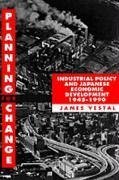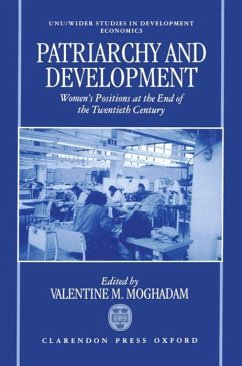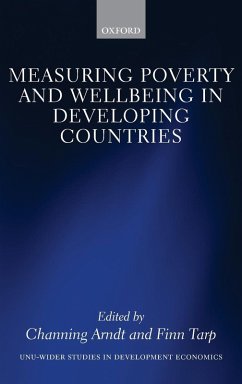
Planning for Change
Industrial Policy and Japanese Economic Development 1945-1990
Versandkostenfrei!
Versandfertig in 1-2 Wochen
159,99 €
inkl. MwSt.

PAYBACK Punkte
80 °P sammeln!
What has been the role of goverment industrial policy, through agencies such as MITI, in Japan's extraordinary post-war development? How has the role changed in successive phases of growth? What `lessons' can be learned from this experience by other nations, be they in the West, or developing countries or economies in transition attempting to introduce competitive market structures? These are some of the main questions addressed in this absorbing and thorough study. Dividing the period into three main phases, the author shows that policy played a crucial role in the initial period of post-war ...
What has been the role of goverment industrial policy, through agencies such as MITI, in Japan's extraordinary post-war development? How has the role changed in successive phases of growth? What `lessons' can be learned from this experience by other nations, be they in the West, or developing countries or economies in transition attempting to introduce competitive market structures? These are some of the main questions addressed in this absorbing and thorough study. Dividing the period into three main phases, the author shows that policy played a crucial role in the initial period of post-war recovery. It did so not by `picking winners' but by creating a stable base from which development could occur by spreading the cost of introducing market competition over time. In the succeeding high growth period and more recently Japan's industrial policy attempts only to promote the development of new technology and smooth the decline of sectors that are no longer globally competitive. That Japan itself no longer practises industrial policy on a wide scale is an irony little appreciated by those advocating the adoption of a `Japan style' industrial policy elsewhere.














